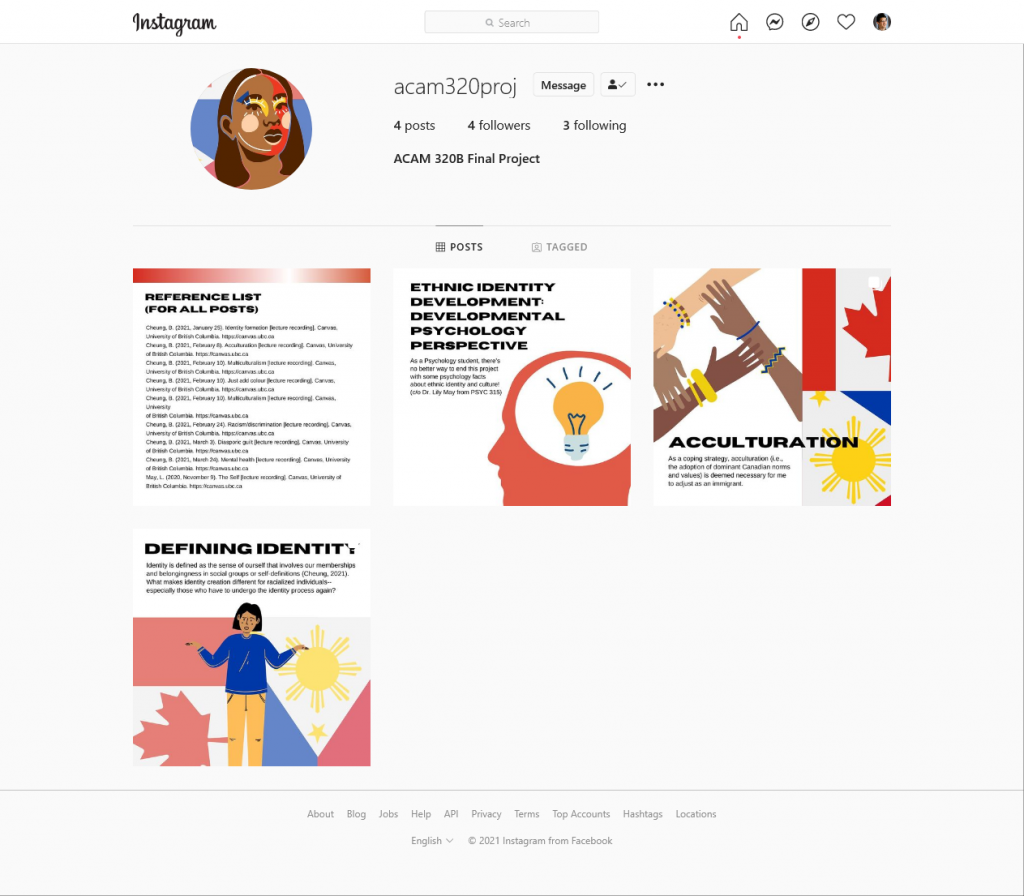But what if home no longer accepts you?
Artist:
Meriwether Morris (they/them)
The idea of belongingness and home can often be an elusive one for diasporic folks. There is the oft-repeated and clichéd trope of existing in a liminal space, frustrated by being simultaneously both and neither. It being a cliché, though, does not stop it from being true. Compounding this struggle is the additional frustration of not knowing how to react when disaster strikes in one’s “heritage home” – does being away from that “home” automatically make one less? Does being away from the crisis take away one’s ability to claim to be? All of this comes down to the diaspora wondering about their obligations and belongingness. All of this is to say, for many in the Asian diaspora, one of the primary questions is, “Where is home?”

